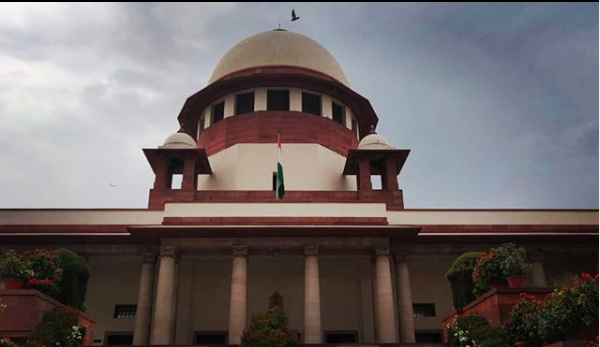Terming the matter “important”, Justice Rohinton Fali Nariman who was heading a three-judge bench, listed the matter for hearing on July 22 by when the Central Government should file its reply, which it failed to do to the court’s notice two years back.
Additional Solicitor General(ASG) Aishwarya Bhati apologised for not filing the affidavit, stating that the court’s notice had been misplaced. She sought 10 days to file the reply. Attorney General KK Venugopal who was also issued notice by the court on January 14, 2020 also requested 10 days to file a reply.
Senior advocates Sanjay Hedge and Indira Jaising appearing for the petitioner and intervenors urged the court to list the matter at the earliest.
“The matter involves a pure question of law. It does not need pleadings to be completed,” Jaising said.
The bench, which also had Justices KM Joseph and BR Gavai, eventually said the matter would be heard on July 22.
The petitioners have contended that provisions pertaining to the restitution of conjugal rights place a disproportionate burden on women and are therefore violative of Articles 14 and 15(1) of the Constitution. The provisions, they contend, are also violative of the rights to privacy, individual autonomy and dignity of individuals (both men and women) which are guaranteed under Article 21 of the Constitution.
In addition, it is based on a notion that regards women as ‘chattel’. It is steeped in a patriarchal gender stereotype and is violative of Article 15(1) of the Constitution, the petitioners have asserted.
Section 9 of the Hindu Marriage Act provides:
“When either the husband or the wife has, without reasonable excuse, withdrawn from the society of the other, the aggrieved party may apply, by petition to the district court, for restitution of conjugal rights and the court, on being satisfied of the truth of the statements made in such petition and that there is no legal ground why the application should not be granted, may decree restitution of conjugal rights accordingly.”
A similar provision is also available in Section 22 of the Special Marriage Act, 1954.
Social media is bold.
Social media is young.
Social media raises questions.
Social media is not satisfied with an answer.
Social media looks at the big picture.
Social media is interested in every detail.
social media is curious.
Social media is free.
Social media is irreplaceable.
But never irrelevant.
Social media is you.
(With input from news agency language)
If you like this story, share it with a friend!
We are a non-profit organization. Help us financially to keep our journalism free from government and corporate pressure.














0 Comments